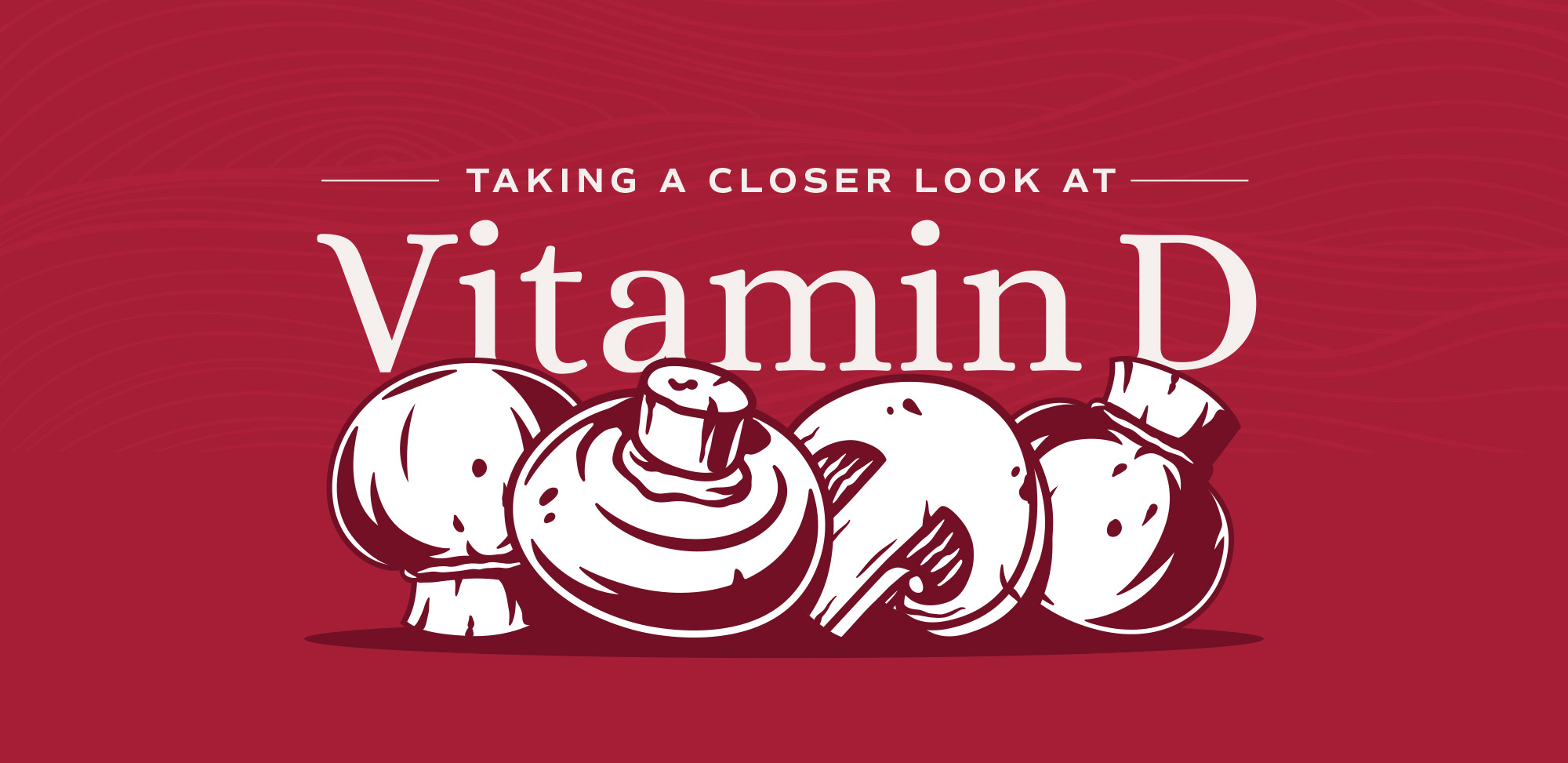Nutrition
Benefits & Nutrients
Mushrooms & Your Health
The Benefits Of Mushrooms
Vitamin D helps build and maintain strong bones by helping the body absorb calcium.
Riboflavin helps with the production of hormones and also plays an important role in the nervous system.1
Niacin helps maintain healthy red blood cells.1
Pantothenic acid promotes healthy skin and makes sure the digestive and nervous systems function properly.1
Selenium works as an antioxidant to protect body cells from damage that might lead to heart disease, some cancers and other diseases of aging. Also found to be important for the immune system and fertility in men.2
Ergothioneine is a naturally occurring antioxidant that may help protect the body’s cells.3
Copper helps make red blood cells, which carry oxygen throughout the body. Copper also helps keep bones and nerves healthy.1
Potassium aids in the maintenance of normal fluid and mineral balance, which helps control blood pressure. It also plays a role in making sure nerves and muscles, including the heart, function properly.1
Beta-glucans’ immunity-stimulating effects contribute to resistance against allergies and may participate in physiological processes related to the metabolism of fats and sugars in the human body.4

Few foods naturally contain vitamin D, but mushrooms are unique for being the only food in the produce aisle with the ability to increase its vitamin D levels through exposure to UV light or sunlight.
The sun is the most common producer of vitamin D as the ultraviolet (UV) rays from sunlight strike the skin and trigger vitamin D synthesis. Mushroom farmers took note and began exposing their mushrooms to UV light during the growing process, increasing the overall vitamin D content. Some varieties, such as crimini and portabella, contain higher levels of the plant sterol, ergosterol, which converts to vitamin D upon exposure to UV light and, in turn, results in a higher amount of vitamin D.
Why Vitamin D is Important
Although the majority of Americans consume sufficient amounts of most nutrients, vitamin D is consumed by many individuals in amounts below the Estimated Average Requirement.2 The 2020-2025 Dietary Guidelines for Americans identified vitamin D as a nutrient of public health concern because low intakes are associated with health concerns.
Vitamin D Levels in Mushroom Varieties1
Chart Data Source: U.S. Department of Agriculture, Agricultural Research Service. FoodData Central, 2019. fdc.nal.usda.gov.
1. US Department of Agriculture (USDA), Agricultural Research Service, Nutrient Data Laboratory. USDA National Nutrient Database for Standard Reference, Legacy. Version Current: April 2018. Internet: http://www.ars.usda.gov/nutrientdata
2. Phillips KM, Horst RL, Koszewski NJ, Simon RR (2012) Vitamin D4 in Mushrooms. PLoS ONE 7(8): e40702. doi:10.1371/journal.pone.0040702
3. Dubost, N.J., et al. (2006). Identification and quantification of ergothioneine in cultivated mushrooms by liquid chromatography-mass spectroscopy. International Journal of Medicinal Mushrooms, 8, 215-22.
4. Rop, O., Mlcek, J., & Jurikova, T. (2009). Beta-glucans in higher fungi and their health effects. Nutrition Reviews, 67, 624-631.


